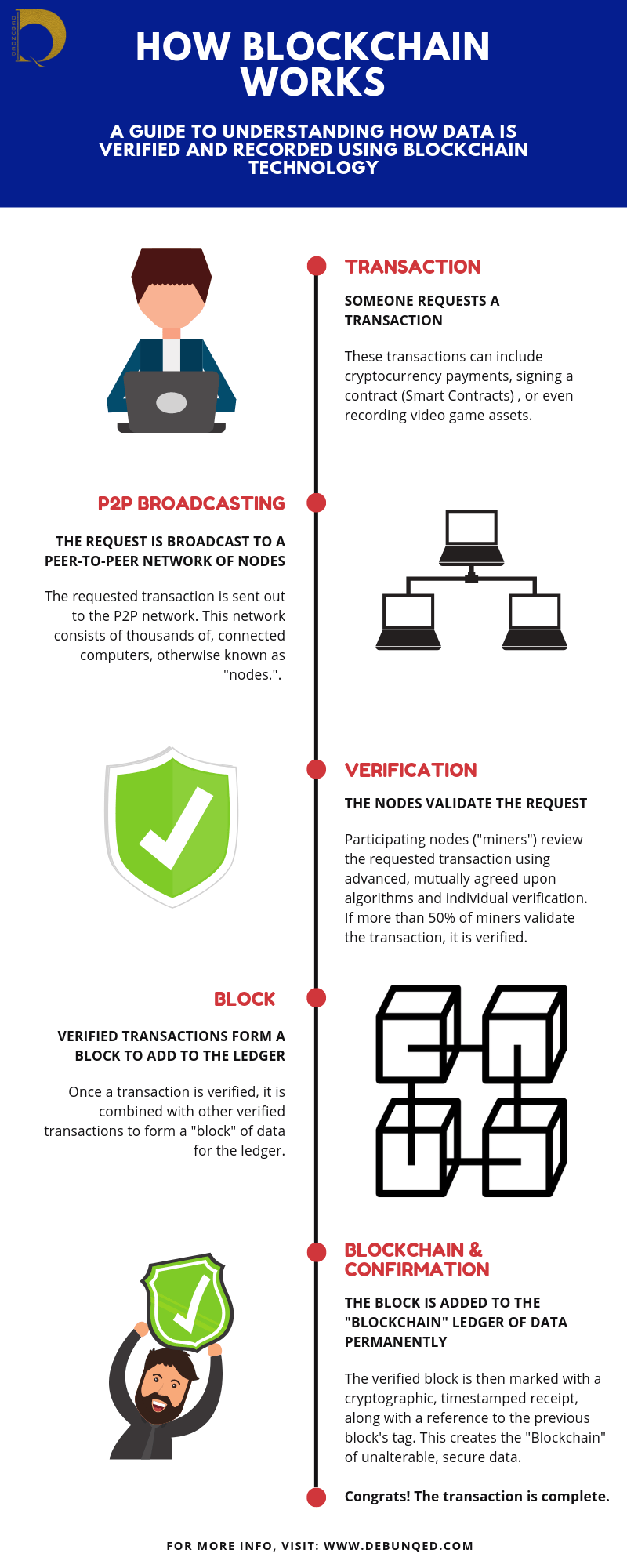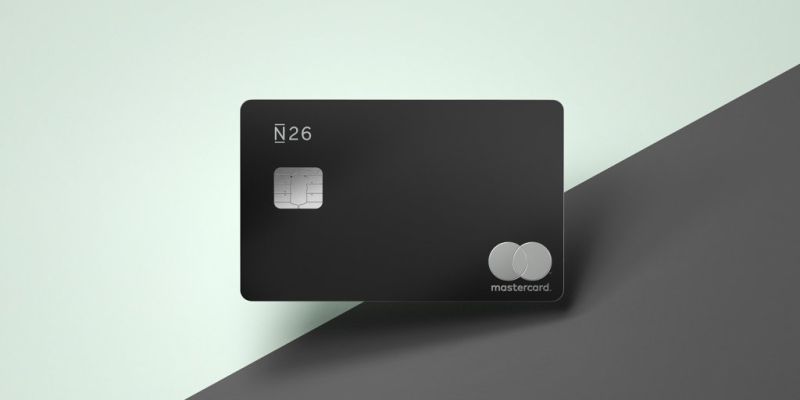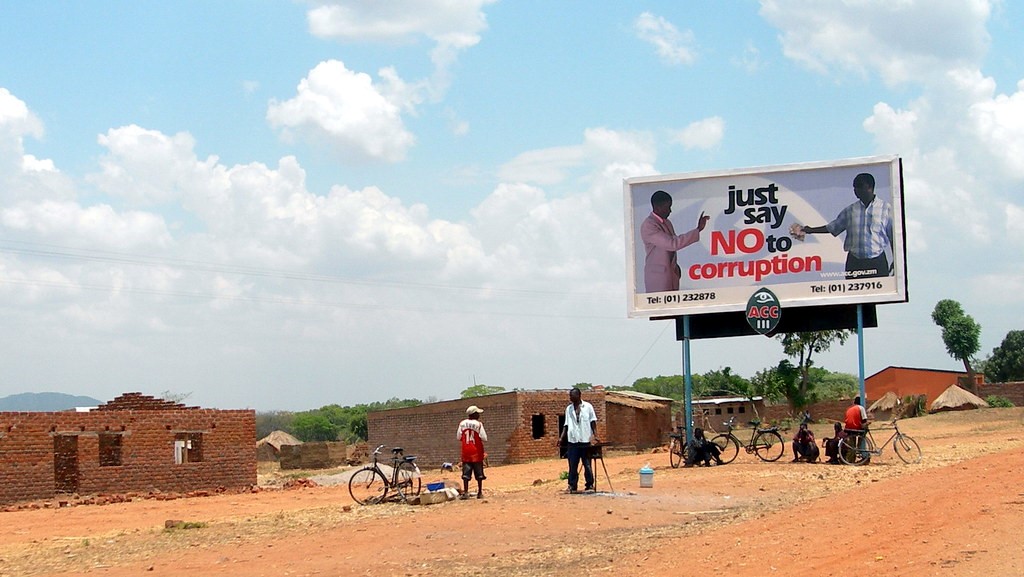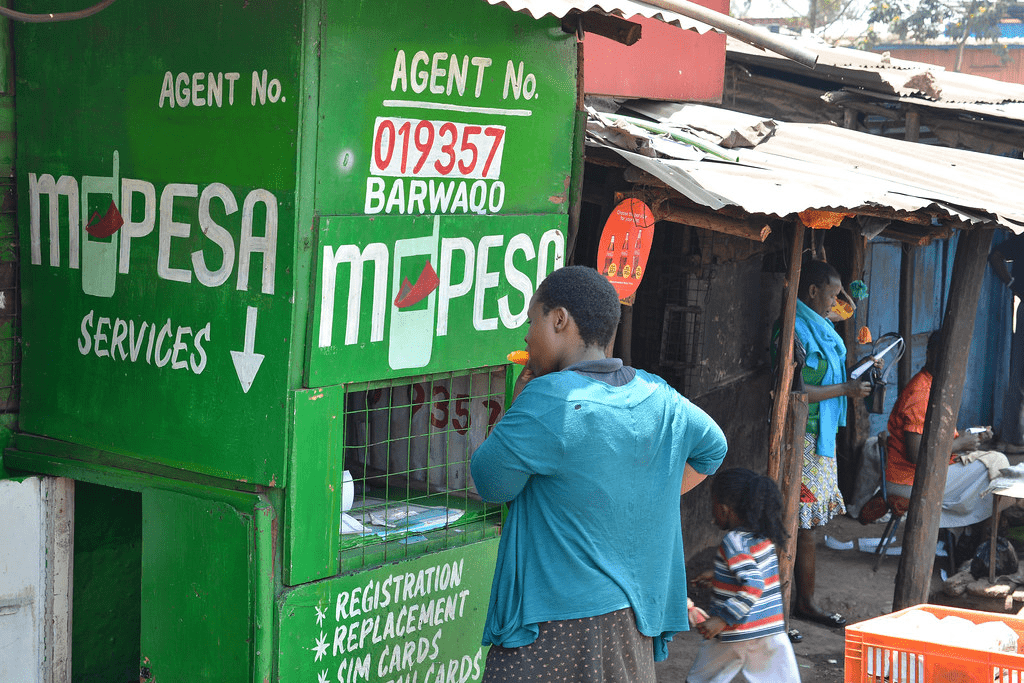The pandemic has thrown us into a state of flux and some tech entrepreneurs have found opportunities in the funk. One major trend involves playing with blockchain technology.
Even though most people you come across pretend to understand blockchain, many don’t actually understand its full capabilities. Some clever Trevors, however, are making it work for them.
DeFi (Decentralised Finance)
For centuries, our money has been controlled by central banks. But this has given too much power to certain authorities. Now cryptocurrencies are set to help us shake the game up.
Enter DeFi or Decentralised Finance – an umbrella term that refers to a variety of financial applications in cryptocurrency. These DApps are geared toward changing the roles of financial intermediaries or removing them altogether.
Essentially, DeFi is a financial system built on public blockchains such as Binance Chain, PolkaDot, and Ethereum.
It is a relatively new project which started later than Bitcoin in 2014. It was brought into the limelight in 2020 by a little-known South African called Andre Cronje. Cronje created the now almost billion-dollar DeFi-protocol called Yearn Finance (YFI).
DeFi is an alternative to what people feel is an outdated, clunky financial system that is inefficient and prone to abuse. The idea is that DeFi will be a new digital-only and fully automated financial system which exists separately from our enormous, interlinked financial system.
When you swipe your card, the institution has control over your transaction and retains the authority to record it in its private ledger, stop or pause it.

They also control financial all matters like insurance, loans, and alternative investments like derivatives, crowdfunding, and gambling. All this while literally owning all your data. They can use or share them with their stakeholders as they wish.
Functionality
DeFi aims to create an open-source, permissionless, and transparent financial service system. The yields you get from borrowing and lending digital assets on these platforms also put those offered by traditional banks to shame. This system is also relatively safe because lenders are certain to get their assets back because you need collateral (other cryptos) to borrow in the first place.
You even, in DeFi, have mechanisms to maintain liquidity – just like Central Bank’s liquidity swaps. Some of them have ridiculous names like SushiSwap or PancakeSwap and perform these functions surprisingly well. this is possible because of their underlying computer-backed algorithmic technology.
The current centralized nature of the global financial system means wealth is only amassed by those that have access to financial services. This has created further inequalities in our societies.
Nevertheless, DeFi is a rapid technological innovation that is helping us to decentralize financial systems and foster financial inclusion. Cutting out the middleman also involves the use of Smart Contracts. Naturally prone to attach it is evolving but quickly gaining the acceptance of those ‘in the know’.
Smarter Contracts
According to Blockgeeks, a smart contract is a computer protocol intended digitally to facilitate, verify or enforce the negotiation or performance of a contract. They allow the performance of credible transactions without third parties.
For example, ordinarily, you would go to a lawyer or a notary, pay them, and wait while you get the document. With smart contracts, you simply drop Crypto into a vending machine-type structure (digital ledger), and your escrow, driver’s license, or whatever, drops into your account.

Smart contracts define the rules and penalties around an agreement just like a traditional contract does. Additionally, they also automatically help you enforce those obligations.
Ethereum is the industry-leading Crypto company/platform that provides that functionality. It is, however, receiving strong competition from newcomer platforms such as Binance Smart Chain – which is actually a revised clone of Ethereum.
Non-Fungible Tokens (NFTs)
This is a technology that has been around for a few years but is enjoying new popularity. Fungibility refers to something that is easily interchangeable, such as the exchanging of a $50 note for five $10 notes.
But non-fungible tokens have been created with the opposite goal.
These are unique or scarce digital objects represented as tokens that cannot be replicated.
They are literally anything that can be digitalized to form a collectible item – just like your paintings, collectible cards, or stamps.
This is why they are infiltrating the auctioneering world. Digital content is tokenized through a process called minting.
Minting involves assigning a coin on a blockchain to any given work and you can assign as many copies as you so desire.
A key difference from authenticating other objects is that instead of a physical certificate of authentication, NFTs use blockchain technology as a verifiable digital ledger.
The NFTs created on Ethereum’s blockchain are immutable, so they cannot be altered. No one can undo your ownership of the NFT.
Some of the notable tradable (native) NFT tokens include Enjin Coin (gaming), Chiliz (entertainment) and Terra Virtua Kolect (VR artwork).
Coloured coined NFTs
In 2017, a game called CryptoKitties was invented. This was a blockchain game that allowed players to adopt, raise, and trade virtual cats.
At one point, CryptoKitties were selling hundreds for thousands of euros. Since then, people have been pumping money into the NFT market which has more than quadrupled in value since the pandemic.

Investors saw the value of investing in a verified item of art that no one else possesses. As a result, many new digital (NFT) marketplaces such as OpenSea and SuperRare were established – and thriving. The NBA has also gotten in on the action. NBA Top Shot is a first-of-its-kind collectible website that allows you to collect, trade, and sell your favorite NBA highlights as digital tokens. One of the highest-selling NFTs there (only 2 minted) is one of a reverse dunk by LeBron James – which fetches a cool $210 000.
Rock band, Kings of Leon earlier in March 2021 became the first musical artist to sell its album as an NFT. Their eighth studio album, When You See Yourself, is being sold in standard digital and physical formats but also has an NFT.
Within a week, the album had made more than $2m. This includes around $500 000 which was donated to Live Nation’s Crew Nation, designed to support live music crews during the pandemic.
Enter the Dogecoin
The year 2021 wanted to add a bit of humor to the world whilst making some people rich. You may call them clever or maybe reckless – or both, but some people traded an invisible investment called Dogecoin and significantly pushed up its price.
Dogecoin was like a parody of Bitcoin symbolized by its face, the Doge meme. Entrepreneur Elon Musk punted the coin which was actually started as a joke in 2013. The price of dogecoin has exploded by more than 1,100% this year.

The cryptocurrency has gained increased attention from endorsements by Musk, who at one point was the world’s richest man on paper. Entrepreneur Mark Cuban, rapper Snoop Dogg, and musician Gene Simmons are also backers of the Crypto-coin.
Now Musk wants you to be able to trade Dogecoin using the Coinbase platform.
Musk’s Tesla motor car company had allegedly used the Cryptocurrency exchange to buy $1.5bn worth of Bitcoin in February.
The Gamestop effect
Also this year, online traders caused chaos among financial systems, showing big institutions that they can beat them at their own game.

A bunch of people got together on Reddit and discussed how they would pump up the price of Gamestop, a US rental games company. Gamestop saw its fortunes wane as people turned away from buying or renting disc versions of games in favor of downloads. The Reddit ‘movement’ was aided and abetted by a group called WallStreetbets.
The group has since pledged millions of dollars from the proceeds towards saving Gorillas – epic!
Its founder, Jaime Rogozinski, has also signed a deal in Hollywood to make a film about the incident.
The price went through the roof as Gamestop became a gambling tool, with little underlying value in the company.
A number of people won big but others who got in late weren’t as lucky. The price later crashed, costing gamblers a lot.
It has since fluctuated wildly and is now on a downtrend. For every new multimillionaire, there has been someone who has lost their life savings.
Tread carefully with new technologies
It will take time for the use of these new technologies to settle in our society. You must, however, be skeptical even when Musk, who recently changed his designation from CEO of Tesla to ‘Technoking’ posts such things on a social platform.
Whenever he tweets something, people react. Musk convinced scores of people to buy Dogecoin and now he is quite excited about NFTs.
The Billionaire recently actually turned down a $1.1m offer to buy one of his tweets as an NFT after putting it up for sale, quoted saying: “it doesn’t feel quite right.”
Musk said that he was going to sell a tweet of a song about NFTs as an NFT. This was days after an NFT had sold for a record $69m. But it turned out he was joking around when he tweeted: “Actually, doesn’t feel quite right selling this. Will pass.”
Musk’s tweet was listed on the blockchain-backed auction platform valuables and has attracted a bid of $1.12m from a user called @sinaEstavi.
The tweet is of a techno song about NFTs, with the lyrics: “NFT, for your vanity, computers never sleep, it’s verified, it’s guaranteed.”
If you don’t believe how volatile these currencies are, just check out how Bitcoin lost more than 80% of its value from December 2017 to May 2018. It is currently hovering just below $60,000 after a low of around $3,500 only in March 2020.
If you decide to invest, do so knowing that rapid price fluctuations come with the territory.
Remember these new blockchain assets are highly volatile investments. Their values can swing literally like a yoyo, based on the jokes made by a multi-billionaire who wants to live in space.












